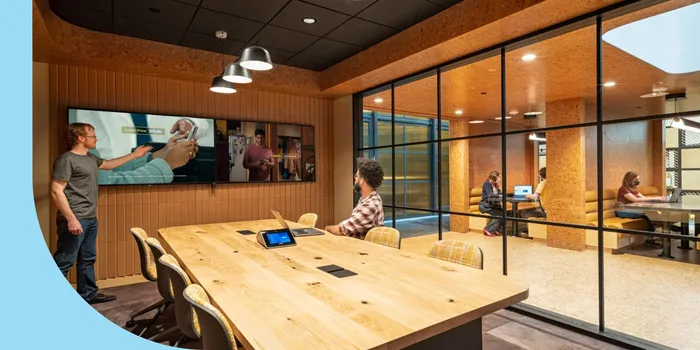The Importance of a Growth Culture
A culture of growth is crucial in any organization, especially in the tech industry where innovation and adaptability are key. This culture fosters an environment where employees feel empowered to take risks, learn from failures, and seek continuous improvement. For tech leaders, embracing this culture can significantly enhance their career trajectory and contribute to overall organizational success.
Learning Opportunities and Skill Development
One of the cornerstones of a growth culture is the emphasis on learning opportunities. In a fast-paced industry like technology, staying updated with the latest trends, tools, and methodologies is vital. Organizations that prioritize training and professional development provide employees with the resources they need to enhance their skill sets.
For instance, attending workshops, online courses, and industry conferences can lead to greater proficiency in emerging technologies, making tech leaders more valuable to their organizations. This commitment to skill development not only aids individual growth but also positions the company as a leader in innovation.
Mentorship and Collaboration
In a supportive growth culture, mentorship and collaboration flourish. Experienced professionals share their knowledge with less experienced team members, creating a collaborative environment where everyone can benefit. This relationship is instrumental for tech leaders looking to advance their careers.
Mentorship allows for the exchange of ideas and insights, which can lead to improved problem-solving capabilities. Moreover, collaborating on projects encourages team members to learn from one another and develop new skills. Such interactions enhance team dynamics and strengthen the organization as a whole.
Embracing Failure as a Learning Tool
In tech, failure is often seen as a stepping stone to success. A culture that encourages employees to embrace failure as a learning experience can lead to profound innovations. Tech leaders who promote this mindset are better equipped to navigate challenges and drive their teams toward success.
By analyzing failures, leaders can identify areas for improvement and implement strategies to avoid similar setbacks in the future. This practice not only promotes a healthy attitude towards risk-taking but also instills resilience within the team. The result is a dynamic workforce that is unafraid to push boundaries and explore new possibilities.
Recognizing and Rewarding Growth
Recognition plays a crucial role in fostering a culture of growth. When organizations celebrate achievements, whether big or small, it motivates employees to continue striving for excellence. Tech leaders who advocate for recognition are more likely to see their teams flourish.
Implementing a rewards system that acknowledges individual and team contributions can significantly boost morale. It can be as simple as public acknowledgment during meetings or as elaborate as performance-based bonuses. By valuing contributions, tech leaders not only enhance employee satisfaction but also cultivate a sense of belonging and loyalty within the team.
Creating a Safe Space for Innovation
Innovation is at the heart of the tech industry, and a culture of growth encourages employees to think outside the box. When team members feel safe to express their ideas without fear of criticism, they are more likely to contribute creatively and propose innovative solutions.
Tech leaders who create an open environment for dialogue foster creativity and experimentation. This approach can lead to groundbreaking ideas that drive the organization forward. Encouraging brainstorming sessions and providing platforms for idea-sharing can be effective strategies for nurturing innovation within the team.
Building a Network of Support
In a growth-oriented culture, building a robust network is essential. Tech leaders benefit greatly from connecting with peers, mentors, and industry professionals. These relationships can provide insights, support, and opportunities that can accelerate career advancement.
Participating in networking events, joining professional associations, and engaging on platforms like LinkedIn can help tech leaders expand their networks. A strong professional network is invaluable in the tech industry, where collaboration and partnerships often lead to significant breakthroughs.
Conclusion: The Path Forward
The journey of a tech leader is shaped significantly by the culture of growth within their organization. By fostering an environment that prioritizes learning opportunities, mentorship, and innovation, tech leaders can advance their careers while driving collective success.
As we move forward in an ever-evolving industry, embracing a culture of growth will be crucial for both individual and organizational success. By investing in personal development, encouraging collaboration, and creating a safe space for innovation, tech leaders can not only enhance their career prospects but also contribute to a thriving workplace that is prepared for the challenges of tomorrow.
| Key Aspects of a Growth Culture | Description |
|---|---|
| Learning Opportunities | Access to training, workshops, and resources for skill enhancement. |
| Mentorship | Guidance from experienced professionals to foster knowledge sharing. |
| Embracing Failure | Using failures as learning experiences to drive innovation. |
| Recognition | Acknowledging contributions to motivate and engage employees. |
| Innovation | Encouraging creative thinking and idea sharing within teams. |
| Networking | Building connections for support and career advancement. |

















